Shawna Williams
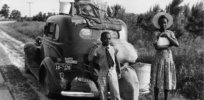
The Great migrations in the US in the first half of the 20th century show up in our genes
[Software engineer Chengzhen Dai] and his advisor, designer and engineer Carlo Ratti, teamed up with population geneticist Alicia Martin of ...
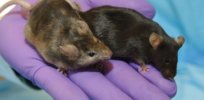
Viewpoint: We need more female animals included in research projects
In 2011, Annaliese Beery and Irving Zucker of the University of California, Berkeley, analyzed biomedical literature and reported that studies ...
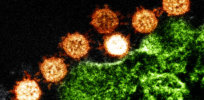
Infographic: From the common cold to COVID-19, here’s our history with coronaviruses
On January 9 of this year, Chinese state media reported that a team of researchers led by Xu Jianguo had ...
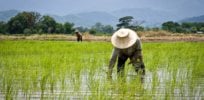
Humans may have driven weeds to evolve to resemble crop plants—And they even became edible
Nikolai Vavilov’s story has stuck with Longjiang Fan ever since he learned about the Soviet plant biologist during his undergraduate ...
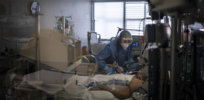
Taming the body’s immune response could offer treatment option for coronavirus
Among the many outstanding questions about COVID-19 is how the same virus, SARS-CoV-2, can kill some patients and leave others ...
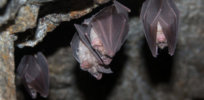
Tracing the origins of China’s coronavirus: Infectious disease expert explains how it jumped from animals to humans
The Scientist spoke with Peter Daszak, the president of the nonprofit EcoHealth Alliance and an infectious disease researcher who’s done extensive research ...
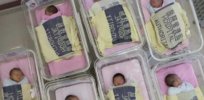
We don’t know enough yet to effectively pick embryos to get smarter, taller children, study says
Despite advances in understanding the combined effects of multiple genes on complex traits in humans, efforts to choose embryos based ...

Infographic: These blood biomarkers could be critical to diagnosing, treating Alzheimer’s
Researchers are investigating a host of molecules found in the blood that could reveal pathological processes in the brain. Here ...

Pursuit of ‘speech prosthetic’ for people who’ve lost the ability to talk could be boosted by this discovery
One [area of the brain is called] the “hand knob,” which, as the name suggests, is a knobby region of ...
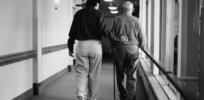
Why finding a blood test for Alzheimer’s could be the key to new treatments
Alzheimer’s patients who were at earlier stages of the disease did better than those with more advanced cognitive decline [in ...
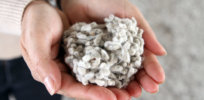
FDA-approved edible cotton could help meet global protein demand
The US Food and Drug Administration announced this month that a genetically modified cottonseed has been approved for human consumption ...
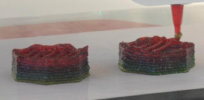
Personalized nutrition companies are more hype than help, scientists say
Vitamins and other dietary supplements are a $30 billion industry in the US. In addition to the bottles lining drugstore ...
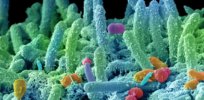
Microbiome manipulation could improve our heart health, but it’s not a ‘magic solution’
“Is the fountain of youth in the gut microbiome?” This provocative question popped up a few months back, not in ...
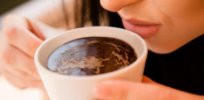
Keen sense of smell? You’re probably good at not getting lost, study suggests
Watch a bacterium chase down the source of an enticing molecular trail using chemo-taxis, and it’s clear that its sensory ...
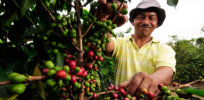
60 percent of wild coffee species at risk of ‘extinction’
More than half of the world’s 124 wild coffee plant species meet the criteria for inclusion on the International Union ...
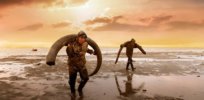
Viewpoint: Documentary Genesis 2.0 delivers ‘warning’ about synthetic biology
“How did you manage to set free that terrible devil?” asks a Yakut poem, solemnly intoned near the beginning, and ...
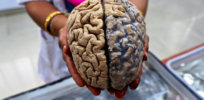
Chasing the biology underlying human intelligence
[H]uman intelligence [has increased] over time. Proposed explanations for the phenomenon, now known as the Flynn effect, include increasing education, ...
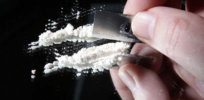
Can a skin patch thwart cocaine overdoses?
There are nicotine patches to help quit smoking, and then there’s this: patches of actual skin, genetically engineered to produce ...
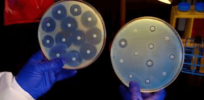
What can we learn from bacteria that eat antibiotics for fuel?
Some bacteria take antibiotic resistance a step further: they chow down on the very compounds designed to kill microbes and ...
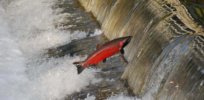
Hatchery-raised vs wild-born coho salmon: Containment sites may alter epigenome, hurting survival in the wild
[Biologist Louis Bernatchez of Quebec’s Laval University] and his colleagues set out to search for evidence of a different kind of hatchery adaptation, ...
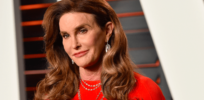
Are brains of transgender people wired differently?
In recent years, US society has seen a sea change in the perception of transgender people, with celebrities such as ...

